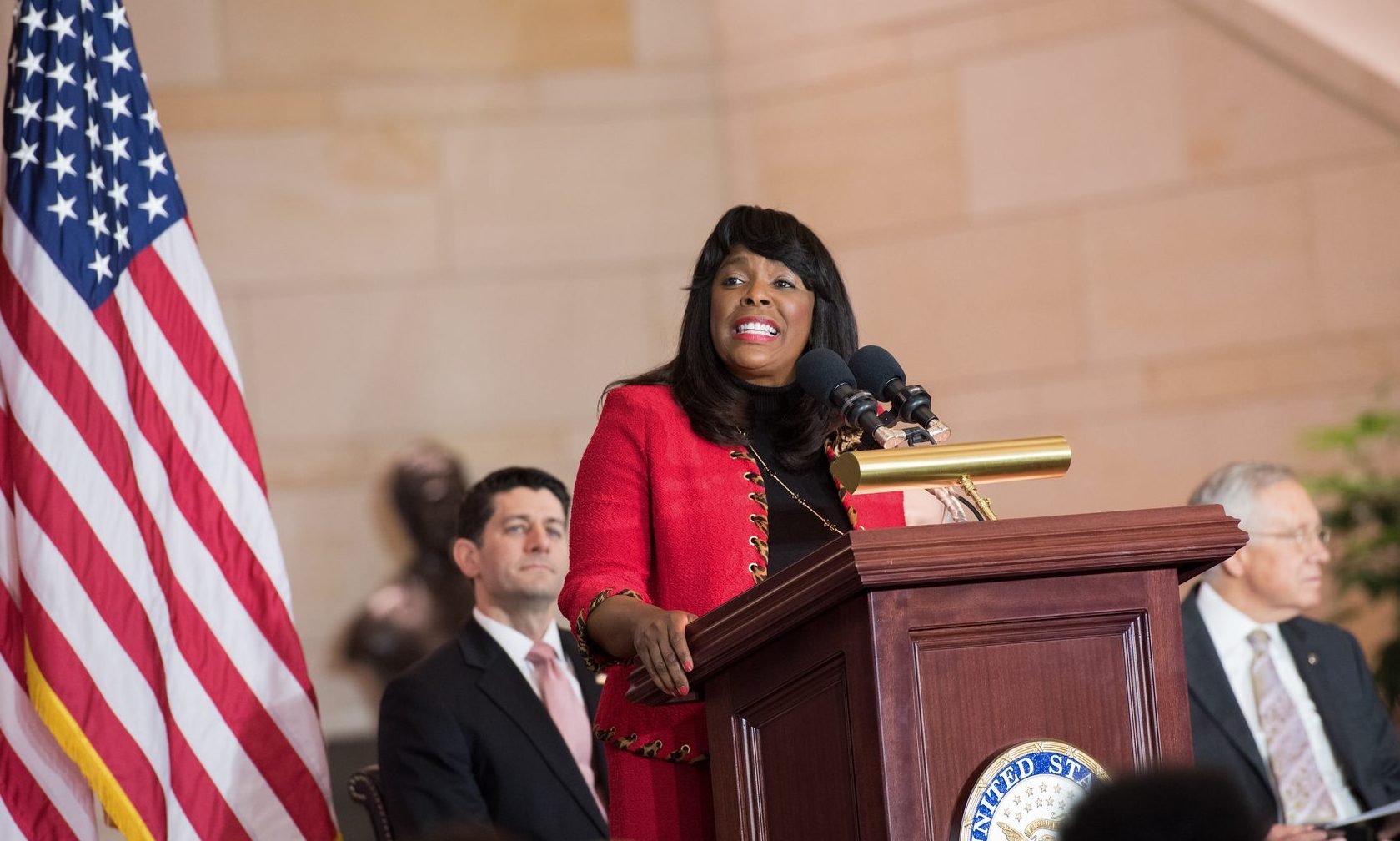U.S. Rep. Terri Sewell, D-Selma, and Brad Wenstrup, R-Ohio, introduced legislation to reauthorize the U.S. Caribbean Basin Trade Partnership Act until 2030.
The CBTPA has allowed for the duty- and quota-free import of goods made with U.S. yarns, fabrics and threads from Caribbean countries since 2000.
“Extending the U.S. Caribbean Basin Trade Partnership Act will expand the United States’ trade with Caribbean basin countries and increase our nation’s economic growth,” Sewell said. “Improving trade with countries like Haiti and Jamaica by reauthorizing CBTPA encourages future investment, promotes job creation and lays the foundation for long-term economic development.”
“Since its establishment nearly twenty years ago, the CBPTA has provided the dual benefit of expanding U.S. exports while stimulating job growth and economic development in these Caribbean nations,” Wenstrup said. “It is my pleasure to join Rep. Sewell in maintaining these critical trade partnerships by extending the CBPTA for another ten years.”
The Caribbean Basin Economic Recovery Act would reauthorize the CBTPA until 2030, giving duty and quota-free access to apparel products manufactured in certain Caribbean countries. In return, CBTPA requires that those Caribbean Basin countries use U.S.-formed yarns, fabrics and thread.
The eligible CBTPA countries include Barbados, Belize, Curacao, Guyana, Haiti, Jamaica, St. Lucia, and Trinidad and Tobago.
CBTPA works in conjunction with the Caribbean Basin Economic Recovery Act to facilitate the development of 17 independent countries of the Caribbean Basin region. For these two preferential trade programs to be effective, both CBTPA and CBERA must be authorized.
Eligible CBERA countries include Antigua and Barbuda, Aruba, the Bahamas, Barbados, Belize, the British Virgin Islands, Curacao, Dominica, Grenada, Guyana, Haiti, Jamaica, Montserrat, St. Kitts and Nevis, St. Lucia, St. Vincent and the Grenadines and Trinidad and Tobago.
According to U.S. Customs and Border Protection, CBTPA countries have expanded duty-free access to the U.S. market.
The majority of CBTPA importations are hydrocarbons and textiles, though 270 non-textile tariff items are eligible, including footwear, tuna, leather goods, travel goods, and watches and watch parts.
CBTPA non-textiles must meet the NAFTA rules of origin.
All goods that are the product of a CBTPA beneficiary country are eligible for the Merchandise Processing Fee Exemption, regardless of whether CBTPA preference is claimed.
Congresswoman Sewell is serving her fifth term representing Alabama’s Seventh Congressional district.






















































